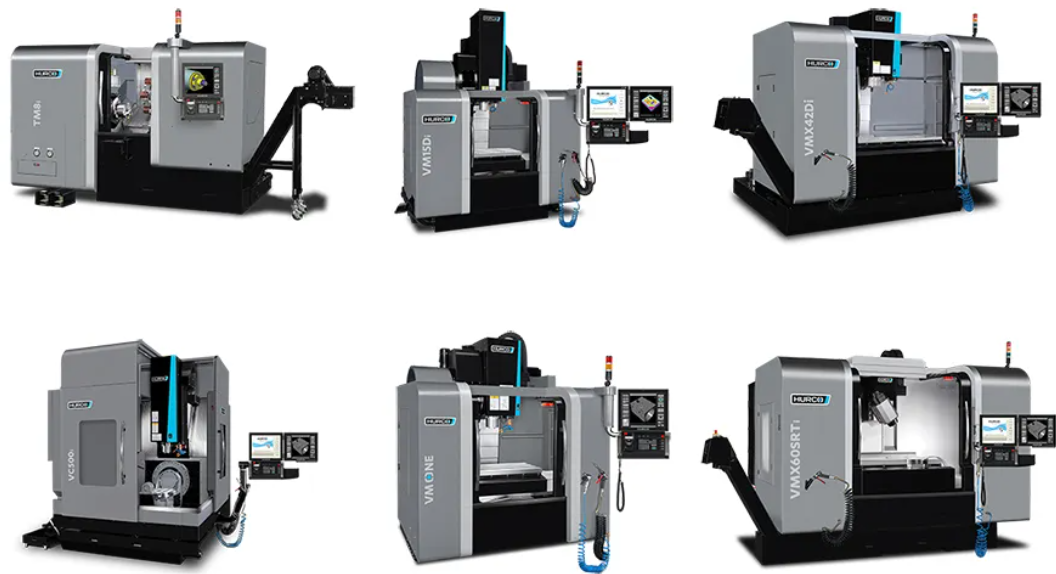Navigating the cosmos with precision from SKF

As the next generation Very Large Array navigates towards its key science goals, SKF’s technology is playing a pivotal role in charting the stars.
SKF is providing key components for the next generation Very Large Array (ngVLA), a $2 billion telescope system that aims to peer deeper into the universe than ever before.
The U.S. National Radio Astronomy Observatory (NRAO) is planning the ngVLA to replace the highly successful Very Large Array, a group of 28 radio telescopes that have been operating in the New Mexico desert for more than 40 years. The new, more advanced and ambitious project will include 244 antennas arranged in a series of spiral arms on the current VLA site. Another 30 dishes will extend these arms more than 1,000 km across the Southwest, with additional dishes positioned across the continental United States, Hawaii and Puerto Rico to create a truly continental virtual telescope.
SKF technology will be integrated into the elevation control system of the prototype ngVLA antenna currently under construction by mtex antenna technology gmbH, a specialist in advanced radio telescope projects based in Germany.
SKF and mtex have worked together for more than two years and defined a bearing solution that could meet the telescope's requirements for high load capacity, low friction and extreme precision. In use, the system must be able to point the antenna with an accuracy of less than one thousandth of a degree, while continuously adjusting its position to compensate for the effects of wind and the Earth's rotation.
The prototype elevation control system includes two 720 mm SKF spherical roller bearings manufactured to unusually high accuracy to minimize thickness variations that could cause the antenna to wobble during motion. The bearings are mounted on tapered sleeves that allow the final clearance to be precisely adjusted during assembly to further reduce radial runout during operation. Finally, an SKF automatic lubrication system will minimize stick-slip and reduce friction and wear during telescope operation.
The prototype antenna will be installed at a test site in New Mexico later this year, before undergoing extensive testing over the next 18 months. If all goes according to plan, the NRAO will begin large-scale production of antennas for the ngVLA project in 2027, supporting a construction process that is expected to take a decade.
1.The news above mentioned with detailed source are from internet.We are trying our best to assure they are accurate ,timely and safe so as to let bearing users and sellers read more related info.However, it doesn't mean we agree with any point of view referred in above contents and we are not responsible for the authenticity. If you want to publish the news,please note the source and you will be legally responsible for the news published.
2.All news edited and translated by us are specially noted the source"CBCC".
3.For investors,please be cautious for all news.We don't bear any damage brought by late and inaccurate news.
4.If the news we published involves copyright of yours,just let us know.
Next 15 sets of YRT50 turntable bearings are being shipped to South Korea
BRIEF INTRODUCTION
Cnbearing is the No.1 bearing inquiry system and information service in China, dedicated to helping all bearing users and sellers throughout the world.
Cnbearing is supported by China National Bearing Industry Association, whose operation online is charged by China Bearing Unisun Tech. Co., Ltd.
China Bearing Unisun Tech. Co., Ltd owns all the rights. Since 2000, over 3,000 companies have been registered and enjoyed the company' s complete skillful service, which ranking many aspects in bearing industry at home and abroad with the most authority practical devices in China.

